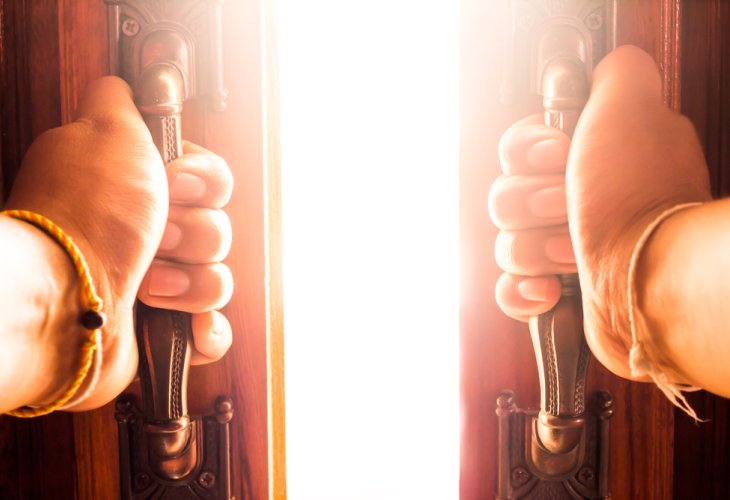Shabbat
Why Shabbat Matters: The Spiritual and Halachic Weight of Keeping the Sabbath
From covenant to consequence, Shabbat is far more than a day of rest. It's the heartbeat of Jewish identity and faith
 (Photo: Shutterstock)
(Photo: Shutterstock)The Sabbath: A Sign of Faith and Loyalty
In Jewish tradition, Shabbat is more than a weekly pause. It's a Divine covenant. It serves as the ultimate testimony that we believe in the Creator of the world. According to halacha (Jewish law), a Jew who publicly desecrates Shabbat is treated not merely as a sinner but as someone who places themselves outside the spiritual framework of the Jewish people. This is not said lightly. The Rambam (Maimonides) writes that Shabbat is the eternal sign between Hashem and the Jewish people, and one who openly desecrates Shabbat is likened to an idol worshiper.
The implications are broad. For example, such a person cannot lead rituals like Kiddush or Havdalah (the religious ceremony that marks the end of Shabbat), nor can others fulfill their religious obligations through them. Halachically, they are excluded from key communal roles: for example, they cannot be counted in a minyan (prayer quorum), and their food preparation may fall under prohibitions like bishul akum (food cooked by a non-Jew).
Even the mitzvah of returning lost objects (hashavat aveidah), a core value in Jewish law, does not apply to someone who falls beyond the covenant. The Torah specifies, “You shall return it to your brother,” and according to Jewish law, someone who publicly violates Shabbat is not considered “your brother” in this context.
This level of severity applies only to two offenses in the Torah: idolatry and public desecration of Shabbat. This underscores the centrality of Shabbat in Judaism. Shabbat is a public declaration of faith, a spiritual identity marker that testifies to our belief in the Creator. In many Jewish communities, people stand during Friday night Kiddush as one stands when giving testimony, a further indication that Shabbat observance is a personal declaration of faith.
The Consequences of Abandoning Shabbat
The Torah does not mince words when it comes to the spiritual consequences of desecrating Shabbat. In Shemot (Exodus 31:14–15), it states twice that the violator “shall surely be put to death,” a double expression interpreted by our sages as referring to both a shortened life in this world and loss of one’s share in the World to Come. Shabbat is holy, and failing to observe it isn’t just a lapse. It carries eternal implications for the soul.
The Zohar adds a powerful statement: “One who desecrates Shabbat has no share among the people of Israel.” That’s because the spiritual soul of a Jew is intricately tied to Shabbat. When one breaks Shabbat, they sever that bond. However, this is not a message of despair. Jewish tradition is clear. When a Jew returns and begins to observe Shabbat once more, that spiritual severance is healed. Their soul is restored to its rightful place.
This idea is further strengthened by the Torah’s language: “Between Me and the children of Israel, it is a sign forever.” Shabbat is the wedding ring in our covenant with God. Just as faithfulness in marriage symbolizes commitment, so too Shabbat signals our loyalty to Hashem. Desecrating Shabbat is not just a halachic offense. It's spiritual infidelity.
Shabbat isn’t just another mitzvah. It's the foundation of Jewish faith and belonging. It affirms our belief in Hashem as the Creator, defines our place in the Jewish people, and connects us to eternity. While the consequences of neglecting Shabbat are severe, the beauty of Torah is that return is always possible. By embracing Shabbat, we reaffirm who we are and who we were always meant to be.

